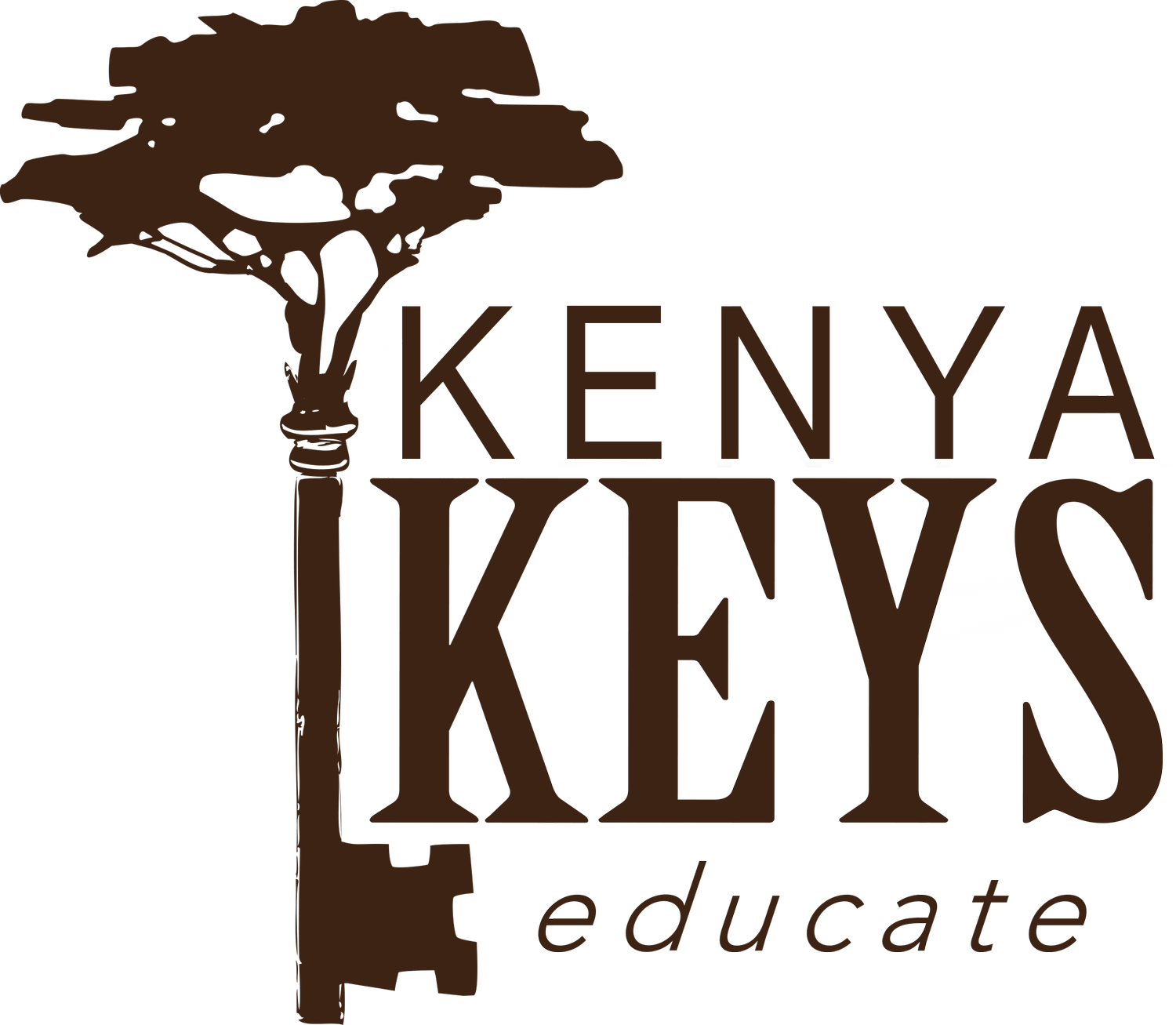Sweat and Soot
 There are bags and bags of it lining the narrow, treacherous highway that is the life’s blood of commerce for East Africa. Charcoal. Pieces of black, charred wood that will burn hot and slow. Though nothing can be as hot and slow as their production. The producers of it scour the land far and wide, often traversing 15-20 miles to find enough wood to make a batch. These people that scour the land are often women, babies on backs, though the actual making and selling of the charcoal is a man’s job. Hazards of the job are many, the main one being snakebites. This is the land of Black Mombos and Puff Adders, snakes that can render a gatherer dead within minutes.
There are bags and bags of it lining the narrow, treacherous highway that is the life’s blood of commerce for East Africa. Charcoal. Pieces of black, charred wood that will burn hot and slow. Though nothing can be as hot and slow as their production. The producers of it scour the land far and wide, often traversing 15-20 miles to find enough wood to make a batch. These people that scour the land are often women, babies on backs, though the actual making and selling of the charcoal is a man’s job. Hazards of the job are many, the main one being snakebites. This is the land of Black Mombos and Puff Adders, snakes that can render a gatherer dead within minutes. The wood, once gathered, is smoldered over a low fire for three to four days. It must be tended carefully. It is a hot, relentless, demanding job. The small, charred pieces of wood, weeping their black, flaking skin, must be carefully loaded into a large burlap bag, then tied snuggly in order to hold the precious cargo tightly, as it is transported on the back of a bicycle. Its final journey to market is often as long as the original journey was to find its pieces on the ground.Four to five days in the making, it sits on the busy tarmac. Despite the fact that the making and selling of charcoal has been outlawed, there is far more of it waiting hopelessly to be sold than there has been in the past. Environmental devastation aside, it is a black symbol of the tragic cycle of poverty that envelopes this land. As the drought worsens, people become more desperate. They cut down the very trees they need to bring life to their dead land. They work harder for a bag of charcoal that will sell for less than ever on the flooded market of despair. Four to five days of grueling work will bring them 200 to 300 shillings, around $2.50.I see Mwaka’s friend arrive at our doorstep with a coconut shell. She has brought it to use as a cup to borrow some of Mwaka’s hot coals from her jiko. It is late and the woman has just obtained her needed water. Her children wait. They are hungry. They know there is no point in crying.
The wood, once gathered, is smoldered over a low fire for three to four days. It must be tended carefully. It is a hot, relentless, demanding job. The small, charred pieces of wood, weeping their black, flaking skin, must be carefully loaded into a large burlap bag, then tied snuggly in order to hold the precious cargo tightly, as it is transported on the back of a bicycle. Its final journey to market is often as long as the original journey was to find its pieces on the ground.Four to five days in the making, it sits on the busy tarmac. Despite the fact that the making and selling of charcoal has been outlawed, there is far more of it waiting hopelessly to be sold than there has been in the past. Environmental devastation aside, it is a black symbol of the tragic cycle of poverty that envelopes this land. As the drought worsens, people become more desperate. They cut down the very trees they need to bring life to their dead land. They work harder for a bag of charcoal that will sell for less than ever on the flooded market of despair. Four to five days of grueling work will bring them 200 to 300 shillings, around $2.50.I see Mwaka’s friend arrive at our doorstep with a coconut shell. She has brought it to use as a cup to borrow some of Mwaka’s hot coals from her jiko. It is late and the woman has just obtained her needed water. Her children wait. They are hungry. They know there is no point in crying.

